What is SIASAR?
SIASAR – Rural Water and Sanitation Information System – is a joint initiative launched by the governments of Honduras, Nicaragua and Panama with the strategic objective of having a basic, updated, comparative information tool on rural water supply and sanitation services in a country. The SIASAR platform includes methodologies and tools which are combined to cover the whole of the foreseen work cycle in the conceptual model, that can be summarized as follows
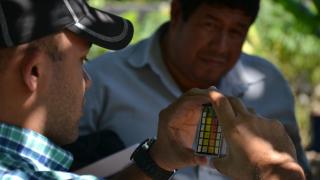
Data gathering
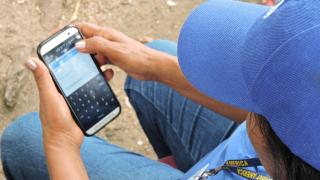
Data editing
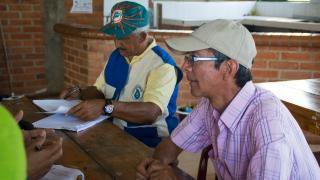
Data validation
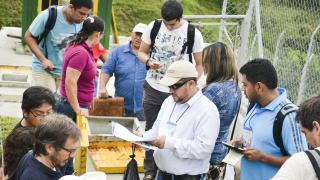
Information queries
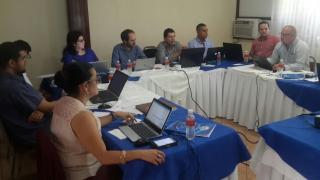
Report generation
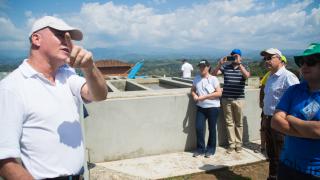
Publication and use of information
Objectives of SIASAR
- Supports planning, coordination and evaluation of the sector’s stakeholder activities.
- Monitors coverage, quality and sustainability of rural water supply and sanitation services.
- Records performance of technical assistance providers, including their logistical limitations.
- Allows transfer of statistics on water and sanitation and cross-checks of information with other sectoral databases as, for instance, those in the fields of health, the environment, social or community development, etc. SIASAR is an open system that can be applied in other countries provided they have a similar rural water and sanitation system to that of SIASAR founding countries (low levels of coverage, limited self-sustainability, little information, etc.)
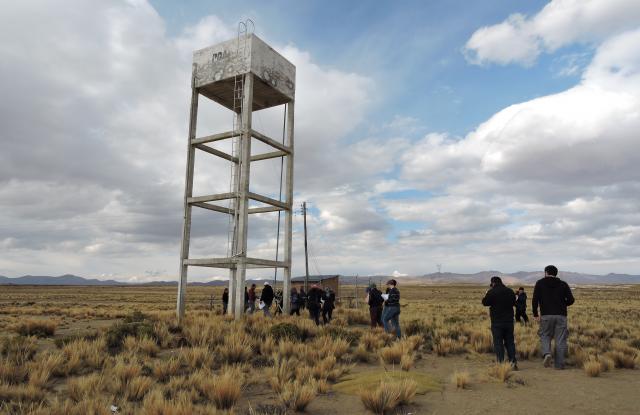
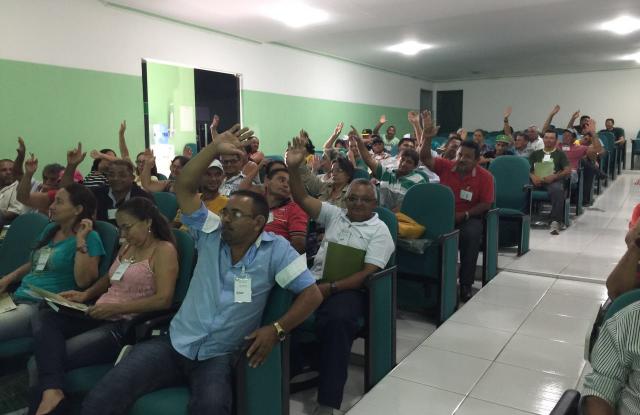
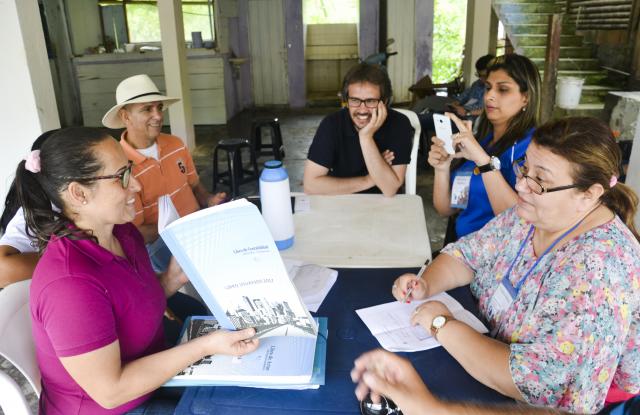
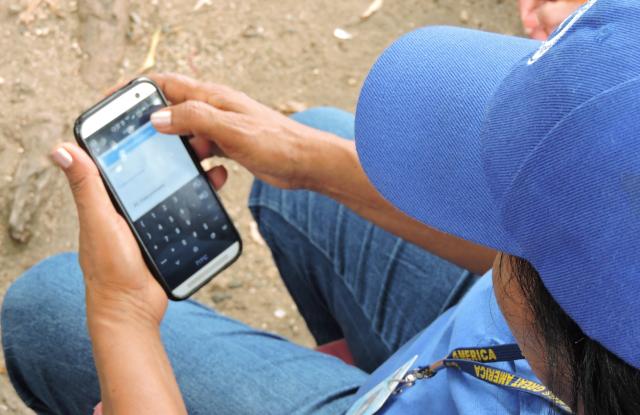
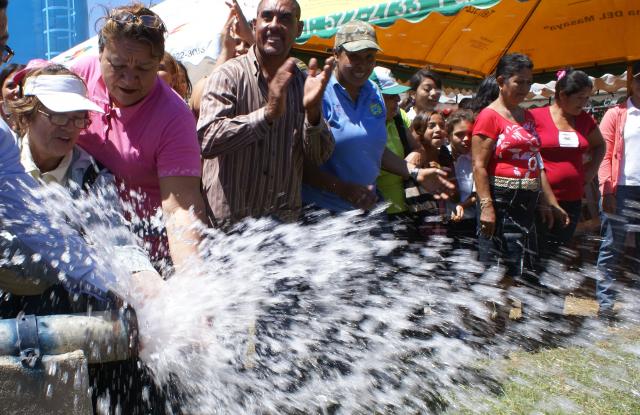
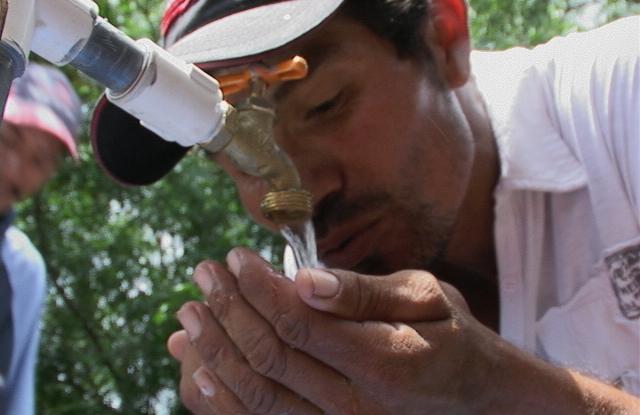
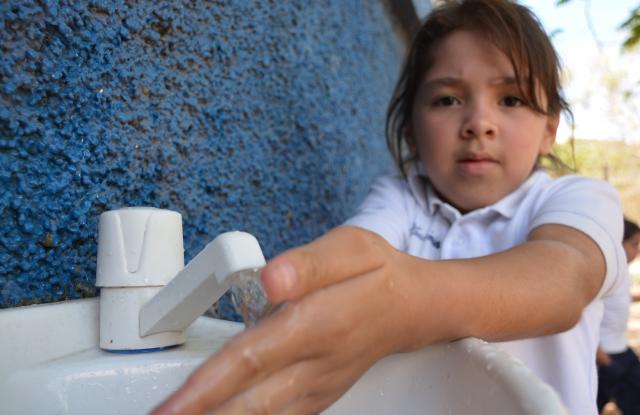
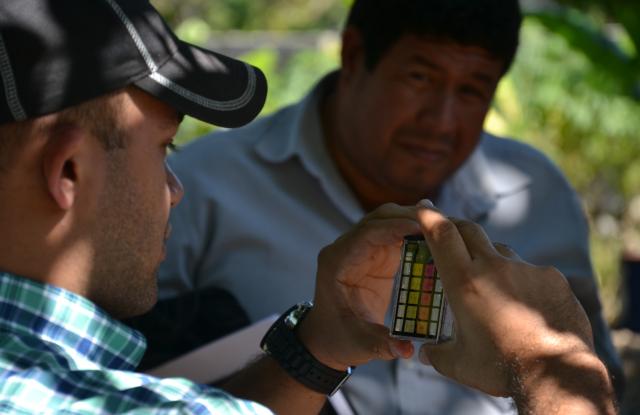
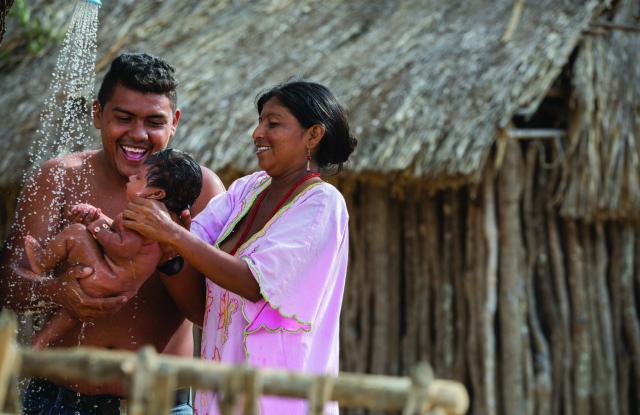
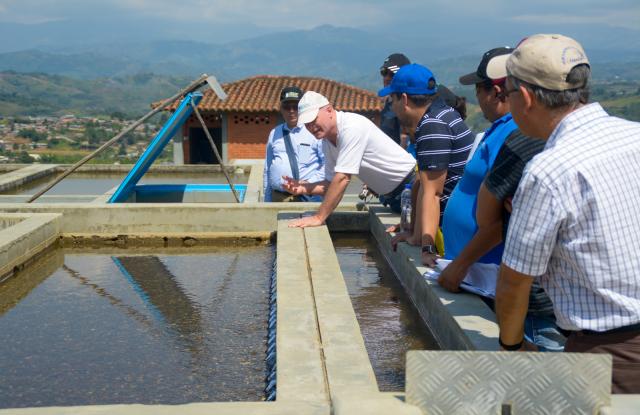
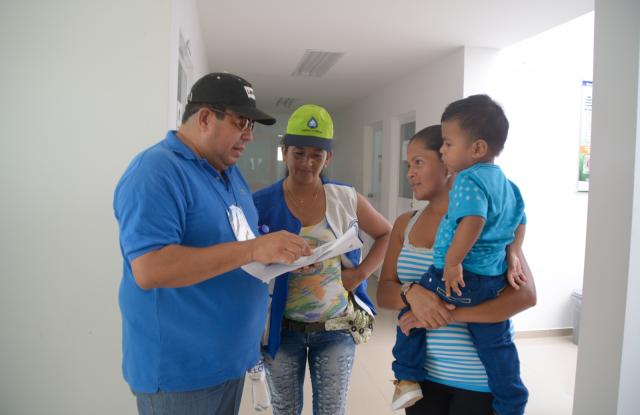
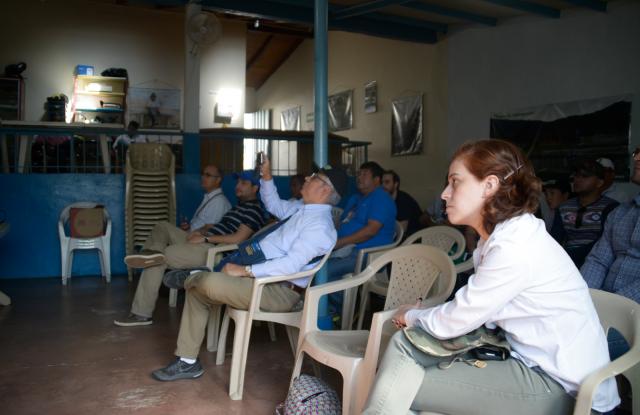
Members
Currently SIASAR includes Honduras, Nicaragua, Panama, the Dominican Republic, Costa Rica, Oaxaca (Mexico), Peru, Bolivia, Colombia and Paraguay.
Economical support and technical assistance, led by the World Bank, have as main goal, develop technical staff skills in every country to improve planning, monitoring and managing the water and sanitation rural sector in an effective way.
In order to achieve the objectives promoted by SIASAR, the system has been designed as follows:
- A conceptual model for sector information analysis and monitoring; a model that is standardized, regionalized and public. All sector stakeholders can consult and use this model in their programmes.
- A technological platform structuring data gathering and data inventory on rural water supply and sanitation, which embeds the conceptual model. The platform is simple, accessible and public.
Institutional Framework
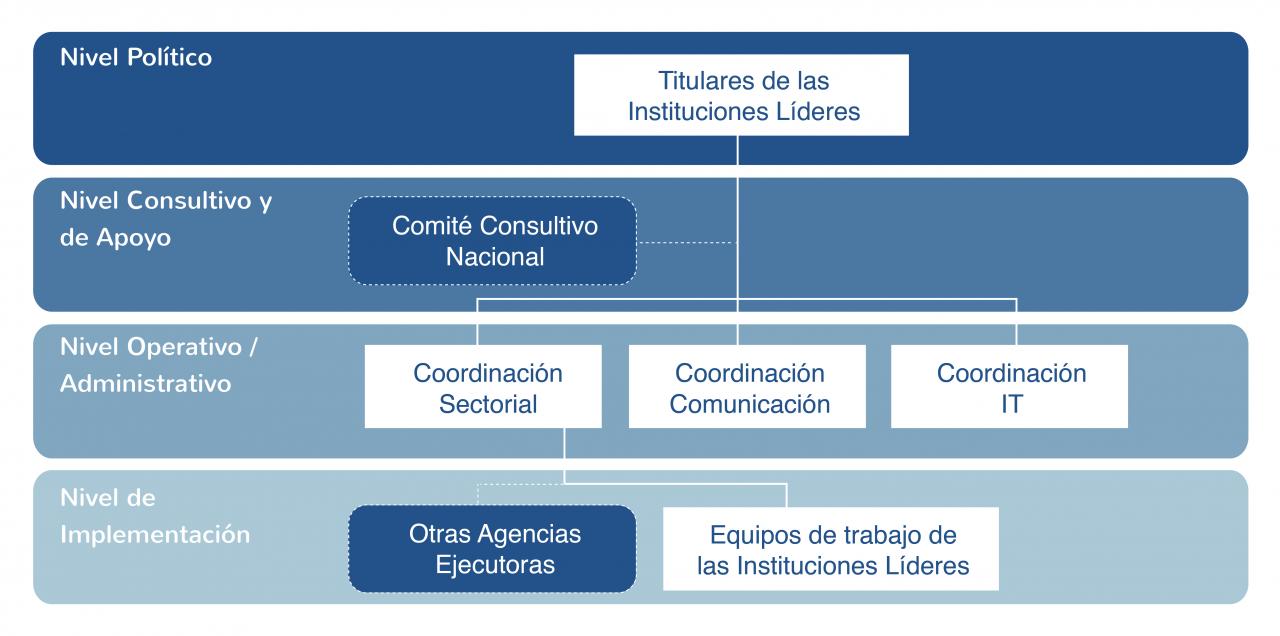
Principles
- SIMPLE: as little information as necessary but not less than needed.
- INSTITUTIONALIZED: framed within the sector’s processes and responsibilities.
- PUBLIC: open and transparent to all actors.
- HARMONIZED: adapted to each country’s context but in a harmonized manner to ensure comparability and harnessing of the economies of scales.
- ADAPTED: meeting the needs of the communities, different levels of government, several sector stakeholders, and non-governmental organizations.
- FLEXIBLE: capable of evolving to adjust to future changes and requirements.
- MODERN: using state-of-the-art technology to simplify collection processes.
- EXPANDABLE: developed taking into account its expansion to other countries and regions.
